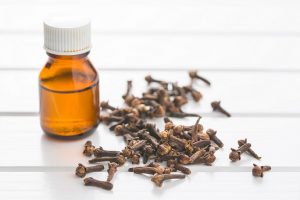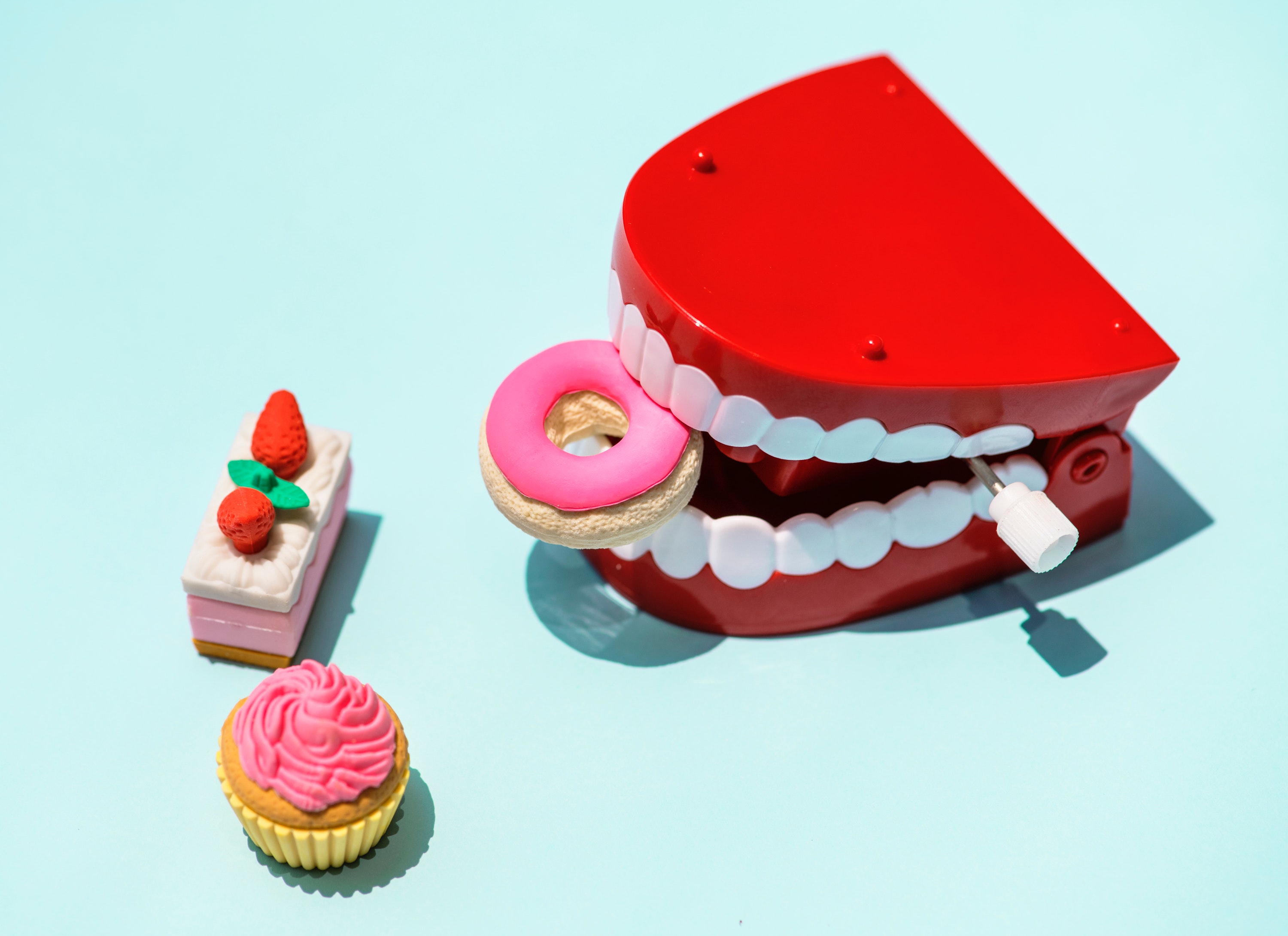Natural Ways to Gain Some Temporary Toothache Relief
When a toothache strikes suddenly, it can be totally debilitating and pretty scary. While your first action should always be to contact an emergency dentist and arrange an appointment as quickly as possible, there are also several natural ways in which you can help yourself while you wait for your appointment. Many methods date back hundreds of years, pre-dating the kind of modern dentistry techniques we know today. Here are some natural dental pain remedies to help you gain at least some temporary Dental Pain Relief when a toothache strikes without reaching for the painkillers straight away.
1. Clove oil

As well as being a delicious spice that pops up in curries, fruit cakes and the like, cloves also contain a natural anaesthetic called eugenol. This not only helps to numb the mouth but also has infection-fighting antiseptic qualities. Rub some clove oil on the affected area or, if you don’t have any oil to hand, crush some dried cloves and use that instead.
2. Saltwater rinse
Just like the eugenol mentioned above, saltwater produces a saline mix that has excellent antiseptic qualities that stop bacteria from growing and infections from taking hold. Make up a salt rinse by adding some salt to the cold water – distilled if you can find it, and swish the mixture around your mouth several times before spitting it out. It can be good practice to do this anyway, after every meal and before you go to bed.
3. Garlic
Garlic cloves release allicin when they are crushed, which is a natural antibacterial agent. In addition, the act of chewing on a garlic clove can help relieve pressure on a painful area and can relieve pain and provide a welcome distraction. That said, however, it would probably be a good idea to rinse with some mouthwash once the pain starts to give way and certainly before re-entering polite society…
4. Onions
Onions are another entry on the list of foods that offer effective antiseptic relief. They are full of antimicrobial properties that kill infection-causing bacteria that cause dental plaque. They can also provide pain relief. Placing a slice of raw onion (not cooked) on an affected area can often help dull the pain – even if it makes you start to cry for a different reason! 
5. Peppermint
This is especially useful for anyone following the tips about garlic or onions above. Peppermint also contains an anti-bacterial agent called menthol, which can fight infection and reduce pain naturally. It also has a pleasant taste that will help you feel better and give you minty fresh breath. Add some drops of peppermint essential oil to a tissue and hold it in the mouth, or hold a (warm, not hot) peppermint teabag to the painful area.
6. Ice pack

Tooth pain can often be accompanied by a swollen face, which causes the discomfort of its own. Applying a cold compress or an ice pack, wrapped in a tea towel to prevent frost burn, can help reduce the swelling by forcing the blood vessels in the area to constrict. It also helps to numb the area. Hold it to your face for no longer than 20 minutes at a time. Watch out for the cause of any swelling though – if you have developed an abscess, this can be very serious and will require immediate medical attention.
7. Milk
Finally, if your tooth is knocked out and you require emergency dental attention, pick it up by the crown, not the root and gently clean off any dirt with some water., If you can, replace the tooth in the socket and seek immediate help. If you cannot do that, put the tooth in some milk and take it with you to a dentist or hospital. Cells from the root of the tooth tend to swell up and can even burst when placed in water, however, milk will not have that effect. It also contains proteins that maintain an even alkaline to acid ratio, as well as sugars that will continue to feed the cells of the tooth.

